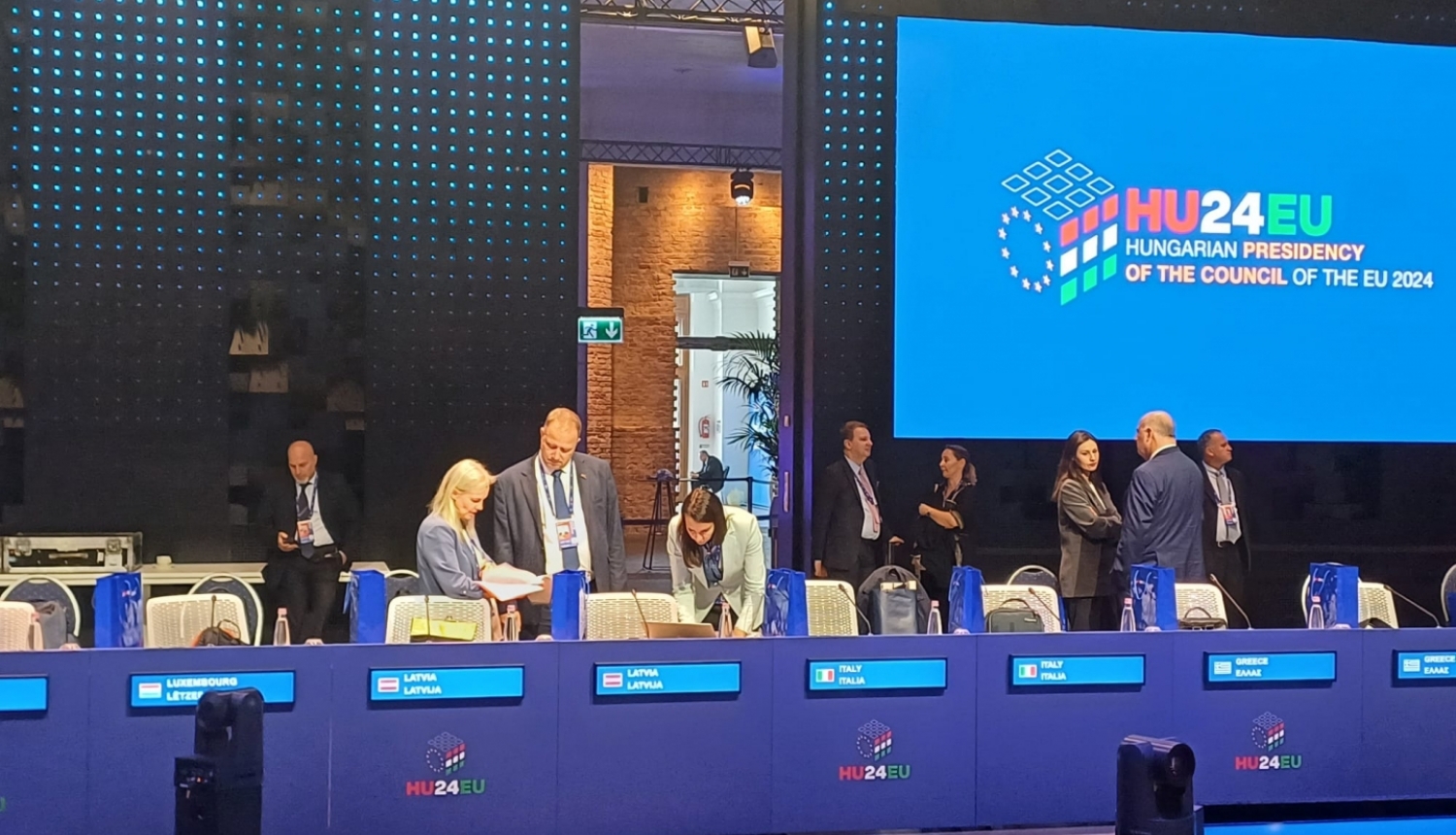At the informal meeting of the Council of Ministers for Agriculture of the European Union (EU) held from 8 to 10 September, agricultural policy makers and experts talked about the necessary elements for the future Common Agricultural Policy (CAP) after 2027. In order to ensure sustainability and competitiveness and to manage crisis situations, it is necessary to significantly reduce bureaucracy and administrative burden.
Latvia, represented by Ģirts Krūmiņš, the State Secretary of the Ministry of Agriculture , emphasized in the discussion that the European Commission should review the conditions for implementation of the CAP and simplify them, as well as reduce the detailing of the information to be reported in the CAP Strategic Plan (SP). The administrative burden on farmers has increased many times and needs to be reduced.
Similarly, the European Commission (EC) is not sufficiently forthcoming toward adjustment of the planned indicators and the modification of the value of the planned results. Therefore, the Ministry of Agriculture (ZM) is concerned whether and how it will be possible to adapt the CAP SP and whether the planned timetable will allow the anomalies identified to be corrected in a timely manner.
In order for the CAP to continue supporting farmers in the implementation of the European Green Deal, to ensure sustainable farming and, at the same time, not to lose competitiveness on the market, it is necessary to identify gradually and purposefully the “green objectives” and the benefits thereof. At the same time, it is important to offer voluntary and manageable “green transition” measures, in return for support to compensate for at least part of costs and income foregone. There is also a need for high-quality training on the benefits of the green transition, the latest technologies and economic benefits, and the exchange of experiences between farmers. All this requires sufficient financial resources and investment and a simpler and more flexible approach to implementing the measures.
On the other hand, in order to better cope with crises in agriculture, it would be necessary to develop a system for anticipating and acting on crises at the EU level, as it is primarily necessary to deal with crises rather than their consequences. At the same time, the availability of adequate EU funding for crisis management needs to be considered, according to ZM experts.
Overcoming the difficulties, caused by emergencies, should not be left to each Member State alone, according to representatives of the ZM delegation. However, each Member State must strengthen farmers' risk-taking capacity and also their responsibility for the consequences if the farmer himself has not made use of risk mitigation options such as insurance.



